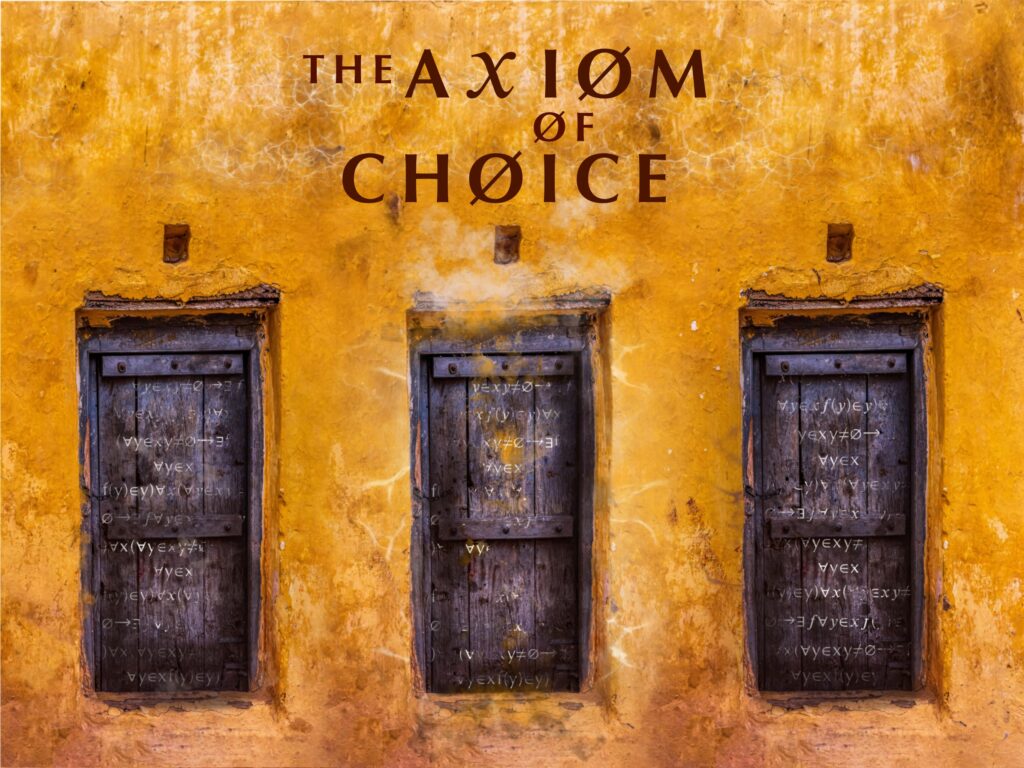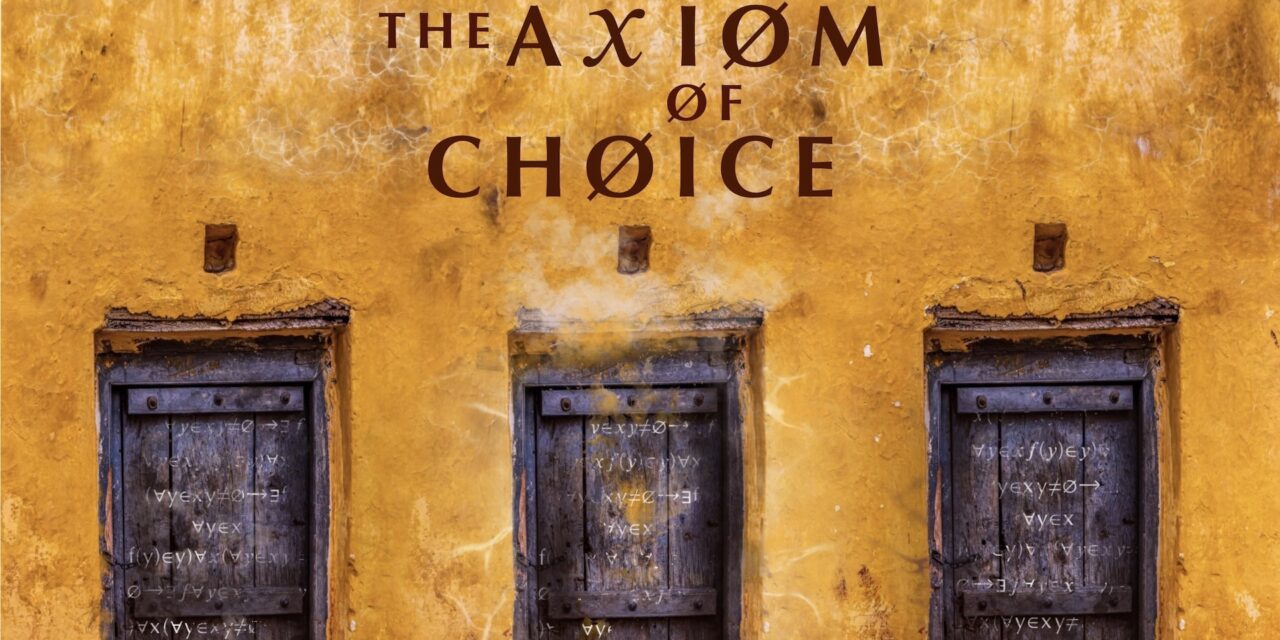
11 – 12 November
Marcus du Sautoy is Professor for the Public Understanding of Science at Oxford and the author of The Axiom of Choice, a one act play enjoying a brief run at the city’s Playhouse. In a programme note du Sautoy explains how he wrote the play during lockdown, escaping the gloom of the time – so recent! so long ago! – by entering into the mathematical world of his protagonist, the Frenchman André Weil.
Weil was one of the most significant mathematicians of the twentieth century and there came a point early in World War Two when, imprisoned in Rouen, he had to make a choice which he knew was likely to determine the course of the rest of his life. It would be bit of a spoiler to reveal more about the circumstances, or how he chose, although the moment perhaps doesn’t carry the weight which the play and the title place on it.
However it enables du Sautoy to toy entertainingly with questions of free will and determinism, opposing ideas that link up neatly with both eastern philosophy and quantum physics. Weil, played by Joseph Prowen, was influenced by time he’d spent in India as a young man. Among other nuggets revealed by the play is the fact that the earliest known representation of zero as a nought is to be found in an Indian temple inscription.
Thrown up into the air and catching the light momentarily like juggler’s balls are subjects such as the Riemann hypothesis or Bertrand Russell’s barber paradox. If this suggests that The Axiom of Choice is quite cerebral, well, so it is. Fortunately this production, co-directed by Lu Descourtier, has the playful spirit of the juggler too. It’s full of light, colour and movement. Some elegantly choreographed moments in which the cast intertwine arms like a Hindu deity suggest the complex beauty of maths and also the rapture of an instant of discovery.
The cast of four include newcomer T J Sulaiman, who plays André’s sister Simone Weil, the philosopher and mystic. The quartet move around the simple set with balletic confidence and bring zest to a production which is occasionally reminiscent of Tom Stoppard. And you may well feel, after seeing The Axiom of Choice, that your mind has been extended in a Stoppardian kind of way even if you’re not sure exactly how.
★★★★☆ Philip Gooden, 12 November 2024


